WELCOME TO WISCONSIN UTILITY INVESTORS |
James Buchen, Executive Director | March 3, 2025
Recently Proposed Energy Legislation |
Energy issues are getting attention in the early stages of the 2025-56 Legislative Session.
First, legislation has been introduced (SB 28 and AB 25) that would give incumbent transmission line owners/operators the right of first refusal for the construction of any new transmission line projects. This is designed to keep out-of-state investors from bidding on Wisconsin transmission projects under a new Federal system for transmission line approvals. WUI supports this legislation and encourages members to urge their legislators to vote in favor of the bills.
Also, bills that would require local approval of new solar facilities have been introduced in both houses of the Legislature.
SB 3 and AB 7 would require proposed solar projects to file a request for approval with any city, village or town in which the facility will be located before receiving approval (CPCN or CA) from the PSC. The local government shall have a period of 90 days to grant or deny approval. If they fail to act within 90 days that will be deemed an approval. The bills were introduced by Senator Marklein and Representative Tranel in response to concerns raised by constituents in their largely rural districts.
In addition, two Joint Resolutions have been introduced that call for the legislature to publicly support nuclear power and fusion energy. The resolutions have no binding effect but put the legislature on record supporting the expansion of nuclear power in Wisconsin. The resolutions (SJR 7, AJR 6) were introduced by Senator Julian Bradly (R), Chair of the Senate Utilities Committee, and Rep. David Steffen (R), Chair of the Assembly Energy and Utilities Committee.
Wisconsin Governor Tony Evers recently introduced his State Budget, which is the blueprint for taxing and spending over the next two years. The bills, which were introduced in both houses (SB 45 and AB 50), also contain numerous non-fiscal policy proposals, including items relating to energy and utilities. They include:
- Creating a $ 1 million pilot program to assist developers and electric utilities with the cost of developing renewable energy infrastructure on brownfield sites.
- Doubling the Focus on Energy program by increasing from 1.2% to 2.4% of the existing tax on each utility’s annual operating revenues. This would double the program from $100 million to $200 million.
- Conducting a $1 million nuclear power plant feasibility study.
- Reinstituting requiring electric utilities to submit biennial integrated resource plans to evaluate the utility’s ability to meet long-term electricity demand and its planned approach to integrate clean energy into its portfolio.
- Allowing the Chair of the Public Service Commission (PSC) to delay a decision on whether to authorize the construction of a new power plant or high-voltage transmission line until 540 days after the application was deemed complete (currently, the PSC has up to 360 days to make a decision).
- Allowing the PSC to authorize a utility to finance energy improvements at a specific dwelling for residential or commercial customers and recover those costs via an on-bill surcharge.
